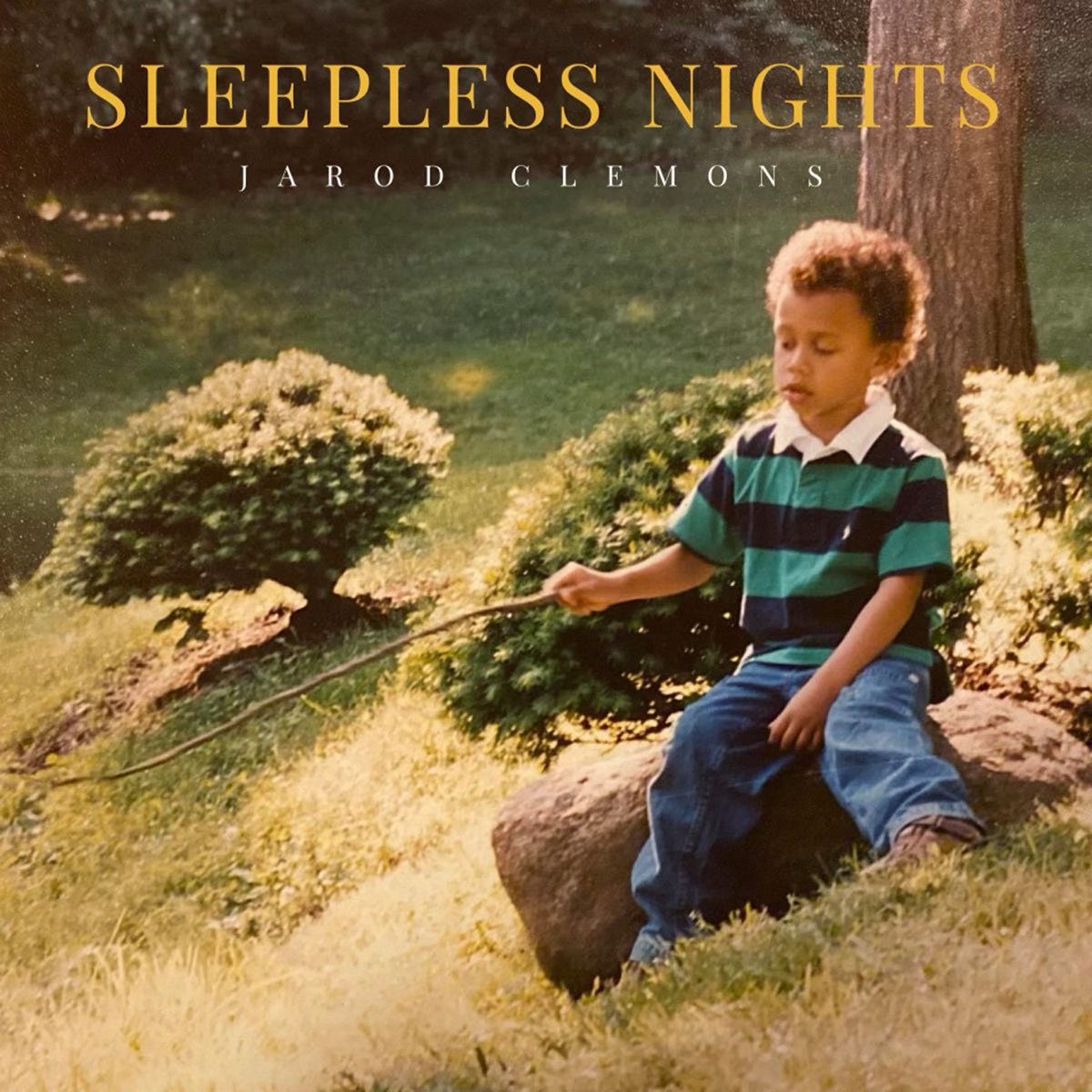One encouraging, intriguing characteristic of a young artist is the ability to incorporate different styles in one’s work that complement each other in a way that leads to a diverse, integrated oeuvre. Frank Zappa called it conceptual continuity.
In Monmouth County, New Jersey, one of those artists is Jarod Clemons. A singer, songwriter, guitarist, and drummer, Clemons emerged in the last few years as a hard rocker, releasing memorable singles like “Ramblewood Parkway” and “Money” and incorporating both originals and covers in his live sets. The latter include Little Feat’s “Sailin’ Shoes” and, especially, songs by and associated with his late father, Clarence. His performances of “You’re a Friend of Mine” can be hard-rocking, rousing, roof-raising barnburners with his band as well as dulcet solo and duet acoustic versions that are every bit as moving. Obscurities like the Springsteen-penned “Summer on Signal Hill” and “Savin’ Up”, the latter often with JT Bowen of Clarence Clemons and the Red Bank Rockers, are also highlights.
Clemons has released a full-length album on Telegraph Hill Records that is a stylistic diversion from the more puissant, loud, band-oriented singles of the last few years. This stylistic diversion is comparable to the differences between his full-band sets and solo and duet live performances. Sleepless Nights is an introspective, passionate, pensive, and, apparently, autobiographical LP. Songs are less catchy than the singles (the proud “Not Worth Gold” excepted) but reward repeated listening with lyrical depth and skillful musicianship from Clemons and his bandmates.
Produced by Joe Pomarico, the organic sound of the album is a welcome from the compressed, overproduced, enervating sound of more conventional music saturating the broader culture. The ambient drum sound and the space around it reminds this listener of the sound producer Zappa produced of Vinnie Coliauta’s drums on Joe’s Garage: Acts I, II and III. The classic instruments of guitar and organ are also a welcome break from the over-synthesized sound of recent decades. Clemons, who wrote all the songs, played many instruments himself. Other prominent players on the album include guitarist Alex Fuhring (who joins Clemons during the duet live performances) and keyboardist Dan Hogan. Fuhring and Hogan were members of Jarod Clemons and The Late Nites, a band with a revolving lineup (Fuhring was previously its bassist) whose name Clemons has apparently discarded. Fortunately, Fuhring and Hogan continue to back him up in live performances. Hogan is a fixture of the local music scene, playing with The Bounce Collective and his Hogi Berra Show.
Some of the sonic trademarks of the album’s songs that distinguish it from its more kinetic predecessors include using the bass guitar as a lead instrument and Hogan’s swirling organ. It is a sound that is not dissimilar from some of the mellower (and more introspective) Pearl Jam songs and the highlights of the Best Coast catalog (one of the few successful twenty-first century bands worth hearing). Lyrically, Clemons remembers his late parents with a palpable aching at their absence (he remembers his mother and his father at length when introducing songs in concert and pays tribute to his father at Asbury Park’s Wonder Bar every Father’s Day). Family is obviously a recurring theme in Sleepless Nights, even though, if the songs are to be considered autobiographical (and I’m not certain they are), he evidently clashed with many relatives and felt alienated from some at times. (Opener “Growin’ Up” is especially harrowing, even shocking. There is a lyrical candor and directness that is admirable.) “Smokes Arisin’” remembers the tragic death of his Uncle Bill. The tunes are fairly simple musically but avoid the mind-numbing over-repetition and monotony of post-Eighties popular music. Indeed, they have the empowering quality of mantras rather than droning durges. “Not Worth Gold”, with its angular rhythm guitar and dextrous lead guitar, is a highlight of this album that emphasizes loss and personal growth. Its final track, “Praise”, is a departure lyrically and musically and could be religious, even gospel, but it’s abstract and universal enough to be a celebration of just about anyone or anything valued (surely welcome in an anti-value culture). Clemons’s voice is somewhere around a high baritone or a low tenor, and it is emotive without being histrionic.
In his new memoir, Alex Van Halen noted that it takes a long time to sound like yourself. Sleepless Nights demonstrates that, after years of hard work, Jarod Clemons has arrived.



